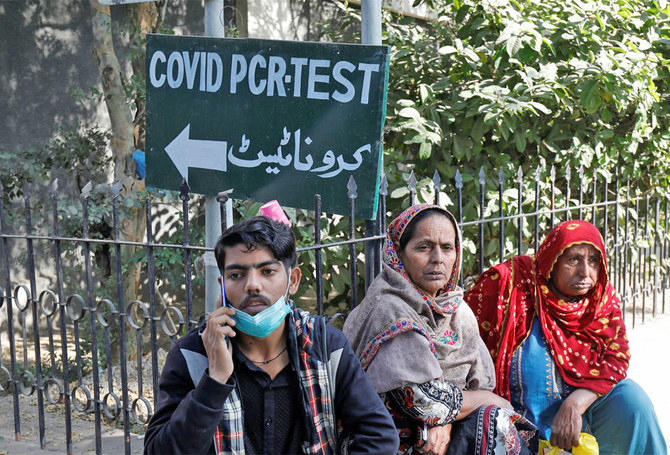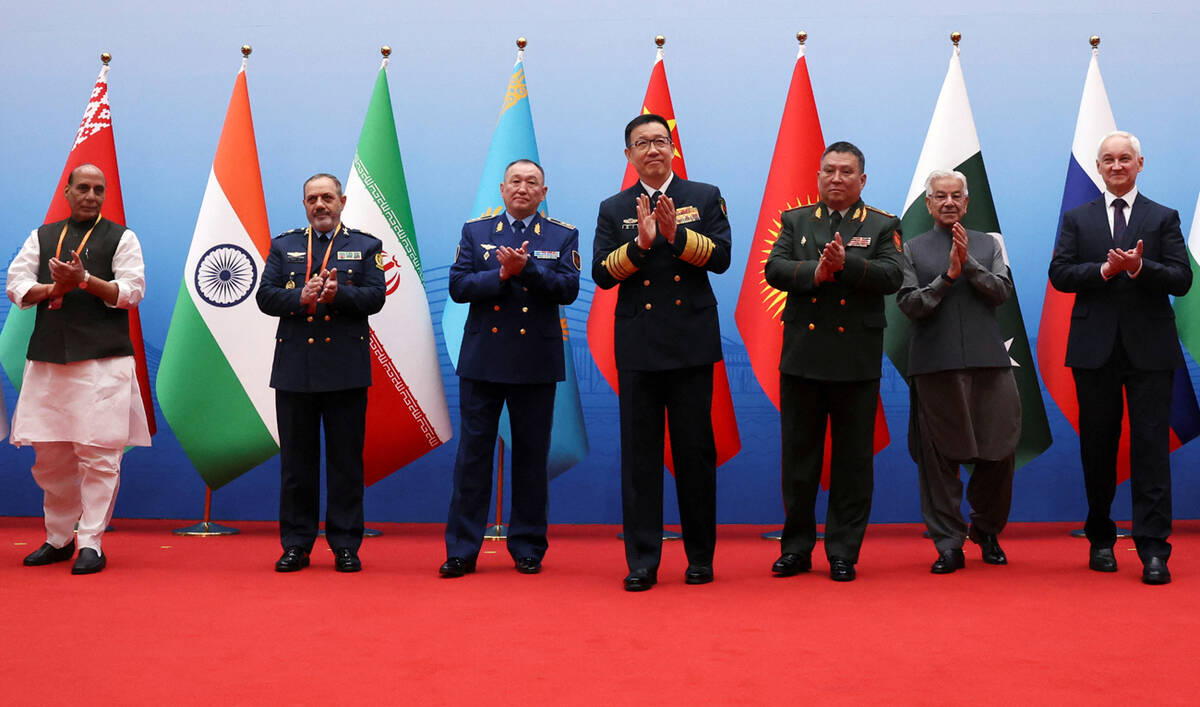ISLAMABAD: Pakistan’s National Disaster Management Authority (NDMA) on Thursday issued a rain and flood alert for multiple regions in the country from June 26-28, warning local authorities to ensure preemptive measures are in place with the monsoon season expected to trigger heavy downpours in the coming days.
The Pakistan Meteorological (Met) Department forecast on Monday that several parts of the country are expected to receive heavy monsoon rains from June 25 onwards, urging masses to take precautions against the resulting flash floods and landslides in low lying and hilly areas. Rains have also lashed Pakistan’s eastern Punjab province over the last 24 hours, the provincial disaster management authority said on Thursday, killing at least four people and injuring 19 in rain-related incidents.
“National Emergencies Operation Center (NEOC) of NDMA has issued impact-based alerts due to expected widespread monsoon rainfall and associated flooding risks across several regions of Pakistan from 26th to 28th June,” the NDMA said in a press release.
It said heavy rain, windstorms, and thunderstorms are likely in multiple districts of Punjab including Lahore, Rawalpindi, Gujranwala, Sialkot, Narowal, Faisalabad, Sargodha, Mianwali, Bahawalpur, Rahim Yar Khan, Multan and Islamabad cities.
“Urban flooding is particularly expected in Lahore, Gujranwala, Rawalpindi, Multan, Bahawalpur, and Rahim Yar Khan, with possible disruption of transportation, drainage overflow and interruption of essential services,” the statement said.
The disaster management authority said urban flooding is anticipated in Sindh’s Karachi, Hyderabad, Thatta, Jamshoro, Shahid Benazirabad, and Sujawal cities due to rain and thunderstorm with isolated and heavy falls in the same period.
It said widespread moderate to heavy rainfall may affect Jacobabad, Sukkur, Larkana, Nawabshah, Khairpur, Kashmore, Tharparkar, Mirpurkhas, Umerkot, Sanghar, Tando Allahyar, Tando Muhammad Khan, and Badin in Sindh, posing threats of waterlogging, road blockages, and infrastructure damage.
“In Khyber Pakhtunkhwa, Chitral, Swat, Shangla, Kohistan, Abbottabad, Mansehra, and Battagram may experience moderate to heavy rainfall with possible flash flooding and landslides, particularly in vulnerable mountainous terrain,” the NDMA warned.
It said in Azad Kashmir, including Muzaffarabad, Neelum Valley, Bagh, Rawalakot, Haveli, and Hattian Bala, the forecast predicts moderate to heavy rainfall with the risk of flash floods, landslides, and riverine overflow. It said the Potohar region is also likely to be affected by similar weather patterns.
“NEOC has advised all provincial and district disaster management authorities to ensure preemptive measures such as drain clearance, public adviseries, deployment of emergency services, and readiness for evacuation or rescue operations where needed,” the disaster management authority said.
It advised residents in flood-prone areas, particularly near nullahs, low-lying zones and slopes, to remain alert and avoid unnecessary movement.
The authority called on emergency services to ensure readiness for any potential response operations, urging people to stay updated with real-time alerts and guidance from the official NDMA mobile application.
The NDMA’s warning comes as Pakistan braces for another season of extreme weather, following deadly heatwaves and catastrophic floods in recent years. Ranked among the ten most climate-vulnerable countries in the world, Pakistan is ramping up preparedness efforts, especially in Punjab, where authorities expect significantly above-average rainfall this monsoon.

















